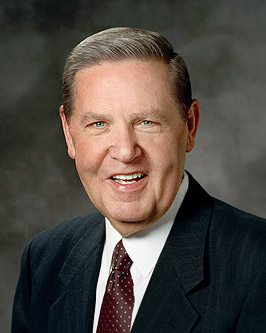Mental Health
SEARCH BY TITLE
 Like a Broken Vessel
Like a Broken Vessel
Let me leave the extraordinary illnesses I have mentioned to concentrate on MDD—“major depressive disorder”—or, more commonly, “depression.” When I speak of this, I am not speaking of bad hair days, tax deadlines, or other discouraging moments we all have. Everyone is going to be anxious or downhearted on occasion. . . No, this dark night of the mind and spirit is more than mere discouragement. I have seen it come to an absolutely angelic man when his beloved spouse of 50 years passed away. I have seen it in new mothers with what is euphemistically labeled “after-baby blues.” I have seen it strike anxious students, military veterans, and grandmothers worried about the well-being of their grown children. And I have seen it in young fathers trying to provide for their families. In that regard I once terrifyingly saw it in myself. At one point in our married life when financial fears collided with staggering fatigue, I took a psychic blow that was as unanticipated as it was real. With the grace of God and the love of my family, I kept functioning and kept working, but even after all these years I continue to feel a deep sympathy for others more chronically or more deeply afflicted with such gloom than I was. In any case we have all taken courage from those who, in the words of the Prophet Joseph, “search[ed] … and contemplate[d] the darkest abyss”3 and persevered through it—not the least of whom were Abraham Lincoln, Winston Churchill, and Elder George Albert Smith, the latter being one of the most gentle and Christlike men of our dispensation, who battled recurring depression for some years before later becoming the universally beloved eighth prophet and President of The Church of Jesus Christ of Latter-day Saints. So how do you best respond when mental or emotional challenges confront you or those you love? Above all, never lose faith in your Father in Heaven, who loves you more than you can comprehend.
